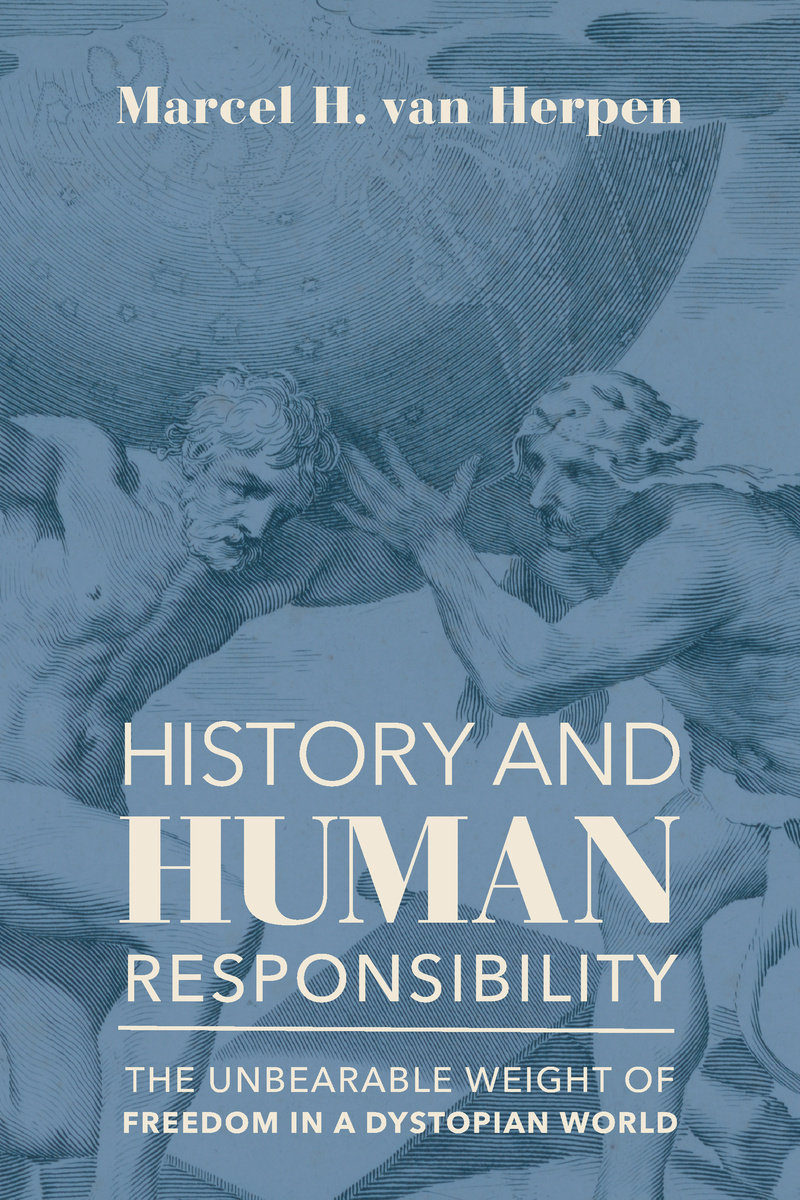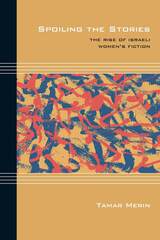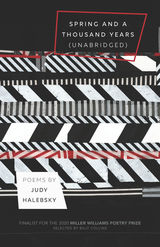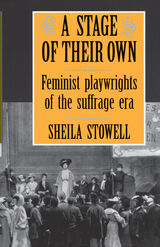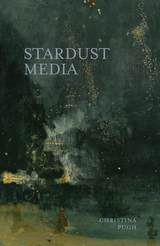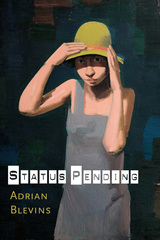History and Human Responsibility: The Unbearable Weight of Freedom in a Dystopian World
St. Augustine's Press, 2023
eISBN: 978-1-58731-437-7 | Paper: 978-1-58731-436-0
See other books on: Europe | Freedom | History | Political Science
See other titles from St. Augustine's Press
eISBN: 978-1-58731-437-7 | Paper: 978-1-58731-436-0
ABOUT THIS BOOK | AUTHOR BIOGRAPHY
ABOUT THIS BOOK
"The present crisis is felt more acutely than previous crisis situations," observes Dutch security expert Marcel van Herpen, largely because human beings are now projecting
responsibility into history on all fronts––past and future, in addition to the present. Learning from the past has become an imperative to safeguard the well-being of
future generations by never repeating negative experiences, so much so that it demands an explanation of culpability into the past that burdens the present under a
weight that does not properly belong to actors who did not commit the deeds of the past and have yet to decide their futures.
In a time of crisis we face the accusations of history, however distant, and are subjected to the sound of its echoing ahead of us. But, Van Herpen asks, to what
exactly (or to what extent) should we listen as we strive to respond to the challenges of present day? "Is it true that history is a teacher for our lives? And has it ever been?
In crisis periods this question becomes more urgent: old certainties disappear and––independently from our wishes––a new, unknown world is emerging, which
seems to be at odds with our established ways of thinking and our existing value patterns."
Van Herpen scrutinizes modern European history and the post-modern man and offers the reader a compelling account of human freedom in politics, morality, and the
ways in which history will or will not ever guide us into the future. He proves himself to be a very capable political scientist and sociologist, but more importantly he has
now pronounced himself to be an optimistic (yet sober) observer of both human beings and history, willing to confront the present generation with possible future
outcomes of contemporary crises.
responsibility into history on all fronts––past and future, in addition to the present. Learning from the past has become an imperative to safeguard the well-being of
future generations by never repeating negative experiences, so much so that it demands an explanation of culpability into the past that burdens the present under a
weight that does not properly belong to actors who did not commit the deeds of the past and have yet to decide their futures.
In a time of crisis we face the accusations of history, however distant, and are subjected to the sound of its echoing ahead of us. But, Van Herpen asks, to what
exactly (or to what extent) should we listen as we strive to respond to the challenges of present day? "Is it true that history is a teacher for our lives? And has it ever been?
In crisis periods this question becomes more urgent: old certainties disappear and––independently from our wishes––a new, unknown world is emerging, which
seems to be at odds with our established ways of thinking and our existing value patterns."
Van Herpen scrutinizes modern European history and the post-modern man and offers the reader a compelling account of human freedom in politics, morality, and the
ways in which history will or will not ever guide us into the future. He proves himself to be a very capable political scientist and sociologist, but more importantly he has
now pronounced himself to be an optimistic (yet sober) observer of both human beings and history, willing to confront the present generation with possible future
outcomes of contemporary crises.
See other books on: Europe | Freedom | History | Political Science
See other titles from St. Augustine's Press
